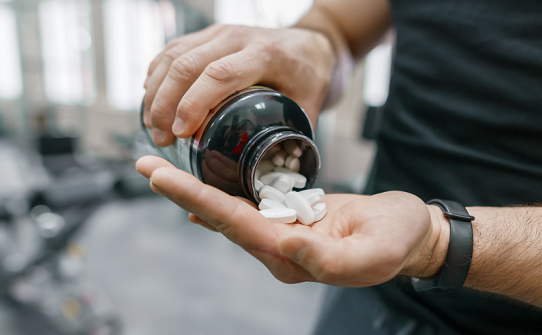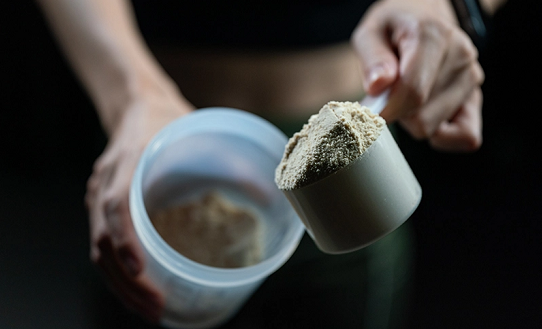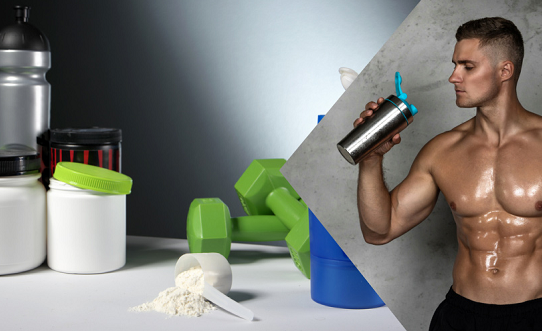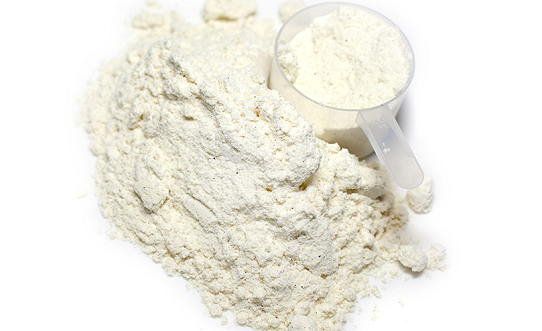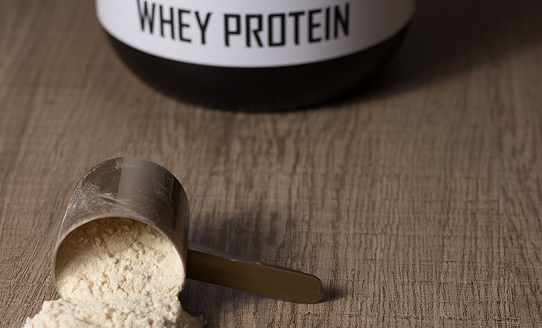Are you tired of struggling to put on weight? Are you looking for a way to build muscle and increase your overall body…
The Pros And Cons of Consuming Mass Gainer Protein!
Are you tired of struggling to put on weight? Are you looking for a way to build muscle and increase your overall body…
The 10 Best Ways To Get A Lean Body Without Gaining Fat!
Are you tired of spending hours at the gym without seeing any significant results? Have you been struggling to gain lean muscle mass…
Benefits Of Consuming Bodybuilding Multivitamins!
Are you tirelessly hitting the gym, lifting weights and following a strict diet plan to achieve your bodybuilding goals but still not seeing…
You Should Be Wary Of These 5 Side Effects Of Mass Gainers!
Are you struggling to pack on muscle mass and achieve your fitness goals? Do you find it difficult to meet your daily calorie…
5 Pre-Workout Smoothie Recipes To Boost Your Workout!
Attention all fitness enthusiasts! Are you tired of feeling sluggish during your workouts? Do you want to take your performance to the next…
The Benefits, Uses, Risks, And Dosage of Pre-Workout Supplements!
Attention all fitness enthusiasts! Are you looking for a quick and effective way to boost your energy and performance before hitting the gym?…
You Can Benefit From Drinking Black Coffee Before Workout!
Are you tired of feeling sluggish and uninspired during your workouts? Do you struggle to find the motivation to push yourself through those…
Muscle Growth Can Be Boosted By Consuming Casein Protein Before Bed!
Are you someone who hits the gym regularly but struggles to build muscle mass? Are you looking for an effective way to maximize…
The Top 5 Indian Raw Whey Protein Brands!
The Ultimate Guide to Finding the Best Whey Protein in India Protein is the building block of muscles, and with so many protein…







